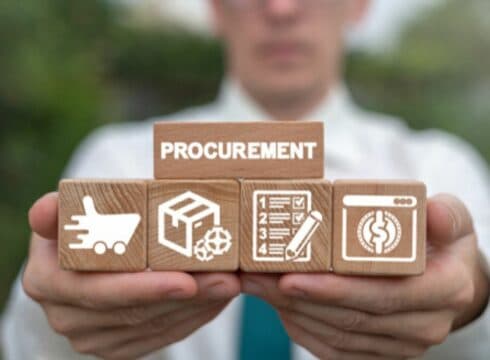The government has introduced a concept of Class-I, II and non-local suppliers
Government ministries and departments will give preference to Class-I suppliers
Non-local suppliers cannot bid for procurement orders worth less than INR 200 Cr
Inc42 Daily Brief
Stay Ahead With Daily News & Analysis on India’s Tech & Startup Economy
The government is changing public procurement norms as it looks to give preference to Indian manufacturers and tech startups, a move that was already announced by the finance minister Nirmala Sitharaman in May 2020.
With this, tech startups, which are offering products and services to the government, will stand to bag more contracts from government departments and ministries. On the other hand, micro, small and medium enterprises (MSMEs) will also get more partnership opportunities with the government.
In the current times, many startups and MSMEs are facing massive losses, majorly to the two-months long lockdown. Therefore, the recent decision from the government can be seen as a step towards improving the financial situation of these enterprises. In the past, investors have called for more proactive action on the government’s part to improve public private partnerships as well as government as a customer for startups.
In February, the central government has cancelled tenders worth INR 30K Cr citing discriminatory practices followed by some companies to provide a major push to the Make In India domestic manufacturing programme. Companies were said to be following restrictive and discriminative tender practices which discourage the businesses of Indian companies. These practices also discourage participation of Indian private players in government procurement contracts.
As of now, the government is looking to pass on the benefits to companies whose goods and services have 50% or more local components. For this, the government has introduced a concept of Class-I, II and non-local suppliers in the revised Public Procurement (Preference to Make in India), Order 2017.
Based on these classes, goods manufacturers and service providers will get preference in procuring government orders.
The focus on local procurement has come to the fore in the immediate aftermath of the Covid-19. The coronavirus pandemic unleashed the need for better healthcare facilities in India. Most importantly, it has opened doors to multiple possibilities in terms of public-private partnership (PPP) in telemedicine, online doctor consultation services, development of low-cost medical supplies, mobile apps and other social impact initiatives.
While the idea of public-private partnership is not new, companies have had to jump through hoops to work with the government in any project, let alone healthcare. However, the coronavirus pandemic has changed the game and the central and state governments have embraced startups and their tech products and services to support the healthcare effort.
{{#name}}{{name}}{{/name}}{{^name}}-{{/name}}
{{#description}}{{description}}...{{/description}}{{^description}}-{{/description}}
Note: We at Inc42 take our ethics very seriously. More information about it can be found here.


